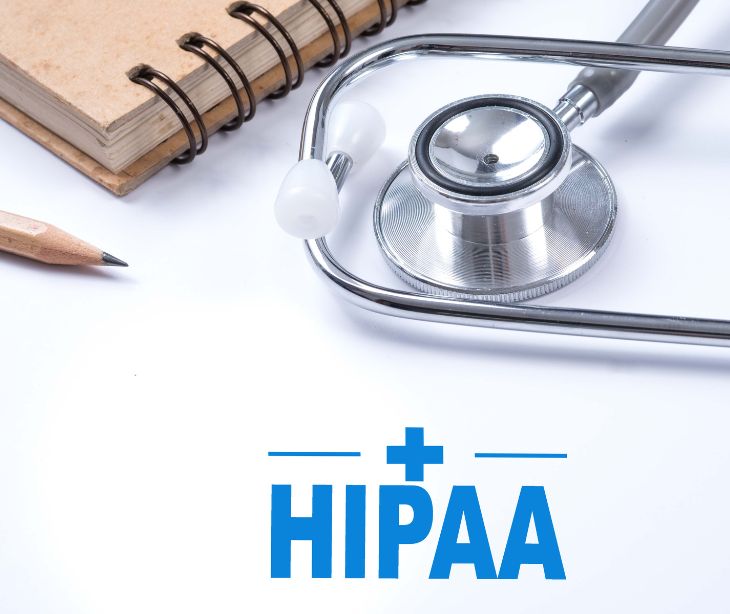
Healthcare organizations must educate patients about HIPAA compliant email to ensure that they understand the significance of secure communication, recognize potential risks, and follow best practices for safeguarding their health data. This education allows patients to make informed choices and contributes to protected health information (PHI) security.
Covered entities and HIPAA compliant email patient education?
Healthcare organizations are covered entities under HIPAA and must ensure patient privacy and security. They must not only ensure they comply with HIPAA regulations but should also educate their patients about PHI security measures:
- Notice of privacy practices (NPP): Covered entities must provide patients with an NPP. This document outlines how the organization handles PHI, including email communication practices. Patients should receive this notice when they first become patients and at regular intervals thereafter. The NPP is a foundational document that informs patients of their rights regarding their health information and sets the stage for understanding email communication guidelines.
- Written communication: Information about HIPAA compliant email practices can be included in various written materials provided to patients. This can range from intake forms to consent forms and educational brochures.
- Online information: Many healthcare organizations maintain websites that offer valuable resources for patients. Patients can access information about HIPAA compliance and secure communication practices online, including tips on using email securely and recognizing phishing emails. These online resources enhance patient education and are a readily available reference.
- Verbal communication: During patient interactions, healthcare providers and staff can explain HIPAA compliant email practices. These conversations provide an opportunity to emphasize the importance of secure communication and address patient questions or concerns.
Educating patients about HIPAA compliant email
- Recognizing phishing emails: Inform patients about common phishing tactics, such as email attachments or suspicious links. Encourage them to verify the sender's email address and avoid clicking links or downloading attachments from unknown sources.
- Reporting suspicious activity: Patients should be aware of the importance of promptly reporting suspicious or unauthorized access to their healthcare providers. This includes any unexpected or unusual emails or login attempts related to their healthcare accounts. Reporting such incidents can help healthcare organizations respond swiftly to potential security breaches.
- Using HIPAA compliant communication channels: Encourage patients to use HIPAA compliant email platforms. Explain that these platforms use encryption to protect the confidentiality of email content during transmission. Patients should be encouraged to use these secure channels for communication involving sensitive health information.
Related: HIPAA compliance for email in 3 easy steps
HIPAA compliance is not only the responsibility of healthcare organizations but also a shared effort with patients. Educating patients about HIPAA compliant email communication can help healthcare providers ensure PHI security.
Subscribe to Paubox Weekly
Every Friday we bring you the most important news from Paubox. Our aim is to make you smarter, faster.




